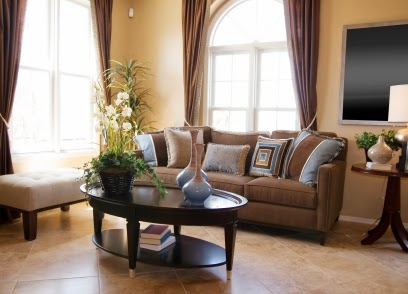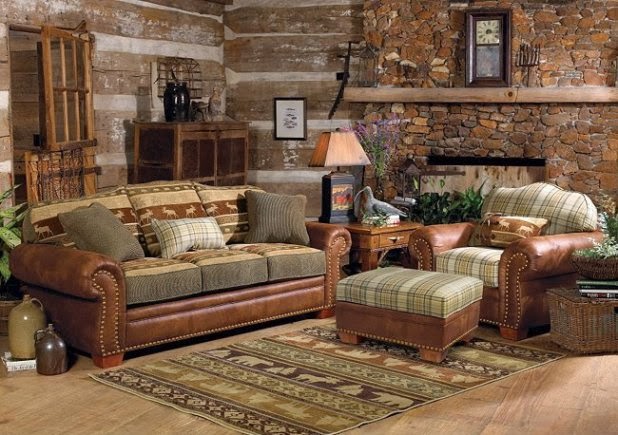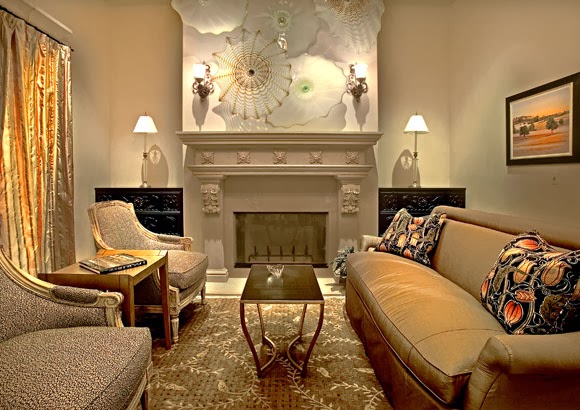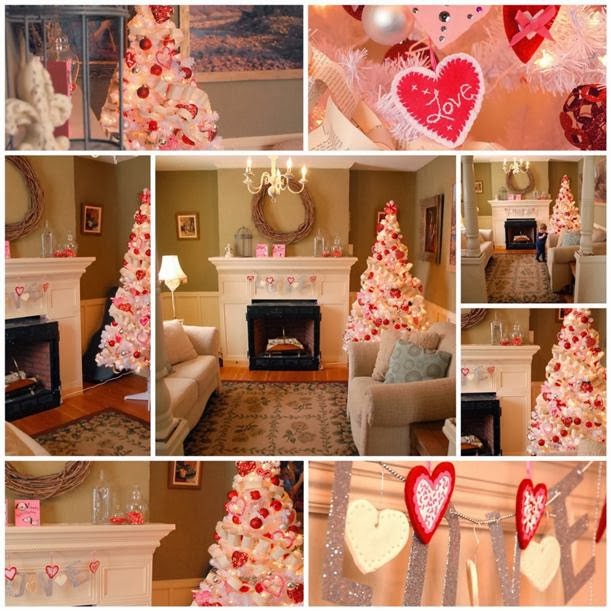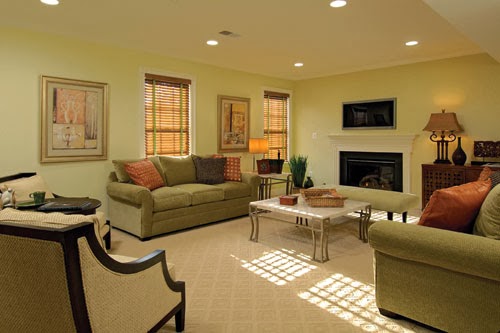Smart planning and innovative kitchen design solutions transform these kitchens into storage packed spaces.
You'll love these ideas to try in 2014! I hope you find these ideas useful and inspiring to you .... Enjoy it !!!!

















You'll love these ideas to try in 2014! I hope you find these ideas useful and inspiring to you .... Enjoy it !!!!

A new desk and banquette bench were added adjacent to the kitchen to provide more storage and a dedicated home office.

An extra row of drawers flanking the refrigerator adds the perfect amount of storage near the door. Cabinetry runs all the way to the countertop to make use of every inch of space.

Pullout racks and utensil organizers were added after installation creating smart storage without the custom-cabinetry price tag.

The island offers prep space, close to the range storage for pots and pans, and proximity to a pullout trash and recycling center. This drawer within a drawer in the island makes it easy to keep pots and lids separate and organized.

The homeowner was determined to infuse the kitchen with rich elements to give it distinction. The Calacatta marble tile backsplash, for example, runs up the wall to meet horizontally oriented beaded-board paneling, which also appears in the adjacent family room. Turning beaded board sideways creates strong horizontal lines that make walls appear longer.

A sink made of the same material as the countertops presents a sleek, clean look. A window ledge provides bonus display and storage space behind the integrated sink and traditional bridge faucet.

A firm believer in open storage, this homeowner uses shelves to keep everyday items easy to see and reach. Shelves next to the refrigerator hold the microwave and wine cooler; the latter frees up space in the fridge.

More open storage opposite the refrigerator wall is supported by shapely brackets. The dark metal complements similar tones in the floor, counters, doors, and window frames, and it adds pizzazz to simple open shelves that provide both display and storage space. The shelves keep items used every day in an easily accessible place, and a top shelf, which might be hard to reach, is used to showcase art and decorative objects rather than kitchen essentials.

The space around the range was smartly outfitted for cooking. A knife drawer on one side of the range features an integrated cutting board for quick chopping.

To the right of the range, a drawer stores spices neatly and out of the light, keeping them fresh and easy to grab when cooking at the range or doing prep work on the counter above.

The small peninsula serves as a bar area, complete with undercounter beverage chillers and a pullout liquor cabinet. A deep, cased archway provides a gracious transition from the dining room to the colorful kitchen.

Store Up High : There wasn't enough space for a walk-in pantry, so the custom-designed cabinetry extends to the ceiling to maximize storage. A library ladder that rolls along a rail provides access to the top row of cabinets. Cleverly concealed pullouts store spices, bottles, platters, and trays. The slim pullout shelf below the pantry cabinet serves as a temporary landing space for items without permanently intruding on the walkway.

A corner pullout unit stores large cookware and avoids wasting space in a corner cabinet. The pullout unit brings the cabinet contents into clear view, eliminating the likelihood of losing items in the recesses of a deep cabinet.

Appliances were also chosen with capacity in mind. Paired refrigerators with stacked freezer drawers blend in with the cabinetry and give the couple plenty of space to stock up on food for a house full of guests. A pullout cabinet beside the refrigerators makes use of an awkward space. The slender dimensions of the unit make it ideal for storing small containers and bottles.

The couple also opted for a trash compactor and two sink areas: one for preparing food and one for rallying dirty dishes. Two sets of dishwasher drawers between the sinks ease cleanup.

The rail above the pantry continues around the rest of the kitchen. Transom cabinets take the place of soffits and are within reach, thanks to the library ladder.

While they were going for a contemporary feel, the homeowners also wanted the kitchen to be a warm, comfortable place, so they opted for wood-look cabinetry. Zebrawood (named for its dark stripes on a light background) was their first choice, but it was also a budget buster, so they went with custom cabinetry finished with a faux-zebrawood laminate. To keep the look of the cabinetry simple, the couple used few door pulls, opting instead for push mechanisms, which make it easy to open the sleek cabinets and access their contents.





